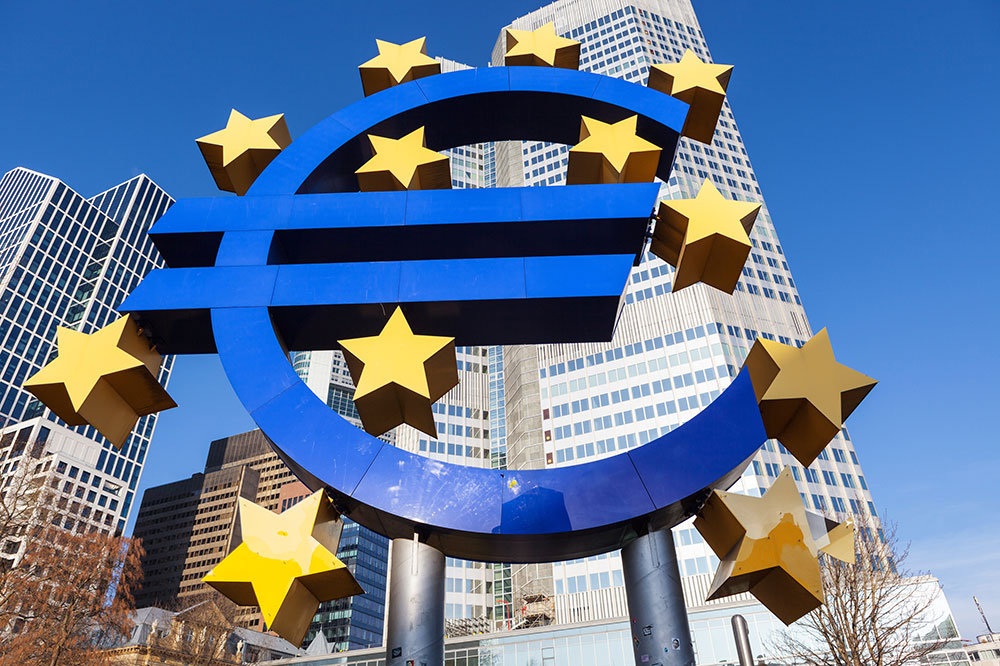
LIANNA MELKEER AMIRKHANYAN
1.) Article 30
This post provides a short explanation of the legal matters when you are dealing with moving money or goods between the 27 EU Member States.
If you are dealing with Money you are dealing with ARTICLE 30 and of you are dealing with the amount of the GOODS, you go to ARTICLE 34
There were borders between country A to B before the European Union was formed as a Union. The countries would trade with each other, if they agreed to trade. There would be charges at the boarders and they had to pay.
After forming the EU, those boarders were removed and all charges as well by Article 30.
A —– €—–B
A B
The countries can trade with each other for FREE, without any custom duty.
And what are the GOODS?
An Italian Art Case (1968) and the Court of Justice came with very simple definition
- Can the goods be valued in Money
- Are they subject to commercial transactions?
Meaning: Can they be traded between people.
Despite being an old definition, it still works.
For example: IPHONE apps still fall in this definition since they have a monetary value, so you have to pay a charge to get them from the app store and they are the subject of a commercial transaction, even if the transaction is electronic by its nature.
Advantage:
The STATE actually has to do something.
Disadvantage:
The State is obliged not to do something, in this case not to put borders between two countries.
A very famous case:
- Van Gen den Loos (1963)
In the EU Law, was that the
Dutch Government intended to put boundaries between the countries, in case of pharmaceutical, but the EU put forward the ARTICLE 30, on which the Dutch Government responded liable.
Belgium tried to put boundaries for diamond Industry, to protect the people working there.
Italy intended to charge at the boarders for their Art works, to protect the art they have
- Italian Art (1968)
After all, according to the EU and the Article 30, the reason does not matter and the boundaries are simply not allowed any border charges.
Countries put forward the custom duties they call “TAX”, on which the EU response was:
“Any charges which basically have equivalent effect of the Custom Duty will not be allowed:
- Commission v Italy (1969) says
“Any charge which is imposed when the goods cross the frontier, will be affectively fall under the ARTICLE 30, and will not be allowed.
2.) Border Inspection
When the good the countries trade are livestock, like pigs …etc, the border inspection becomes an important factor.
The concern here is the infections and diseases. Several countries-imposed compulsory to charge the exporter, on which the EU answer was the following:
“ Because of the effect of the health inspection benefits the population, that the importer must pay that charge, and not the exporters, who do that.
- Compulsory and Optional charges
- Commission v Belgium (1983) was not allowed under article 30.
However, the optional charge , if they want to store their livestock for longer time of period, inspection was necessary. Due to the fact that it was optional, the exporter could decide whether or not they did want to pay it.
This was allowed under article 30.
Here: optional charges are allowed
- Charges imposed by the EU
- Commission v Germany (1987)
Commission in Germany was also interesting, as it says that where charges imposed by the EU so they apply across the whole 28 countries (by then, and now 27 countries after Brexit) this will be allowed, so they can be charged, basically because it is the same across the whole European Union.
Summary
Free goods movement across the EU
After the EU was formed, under article 30 the boarder custom duties were removed, and any goods could be cross the EU countries boarders without custom duty or tax at the border. The reason doesn’t matter, no country can oppose the custom duty.
Article 30 deals with the money
Article 34 deals with the goods
Exception can be for the live stocks long term storage, and the importer for the inspection can be charged. This apply to 27 EU countries.

Be the first to comment